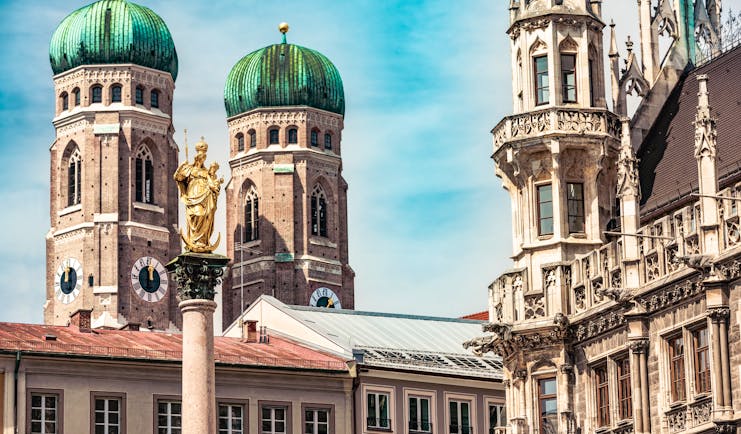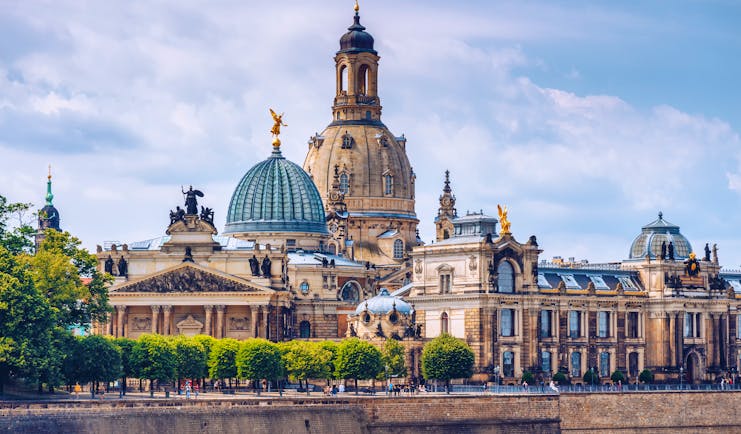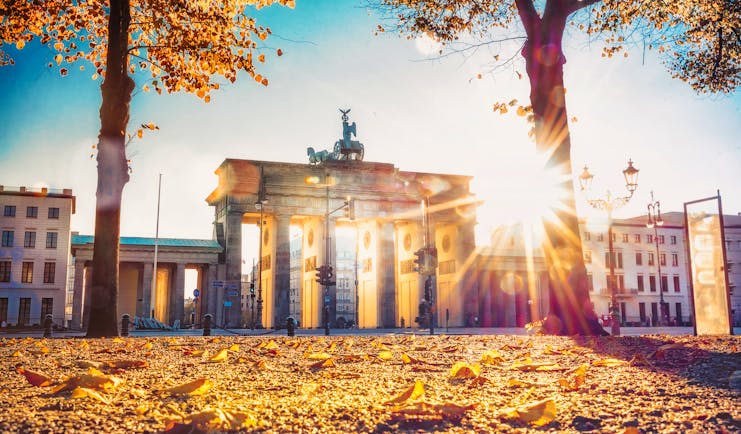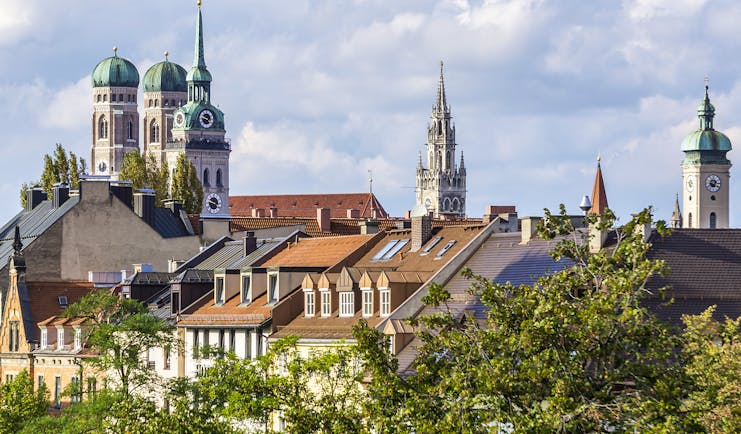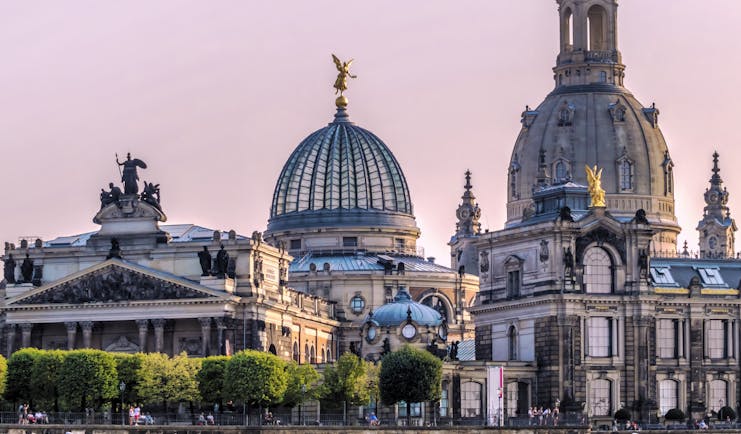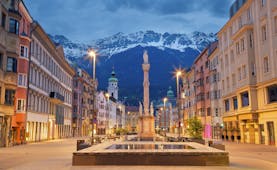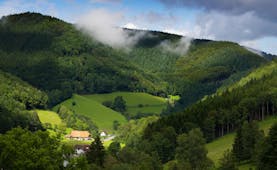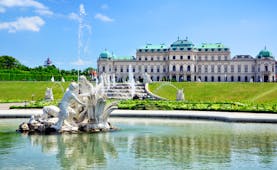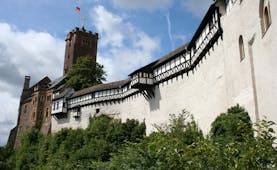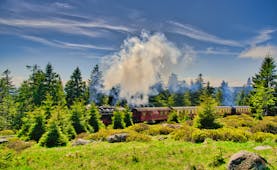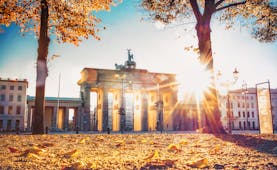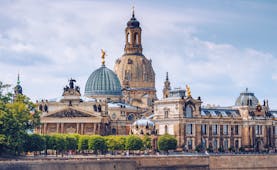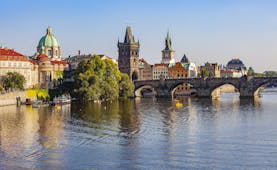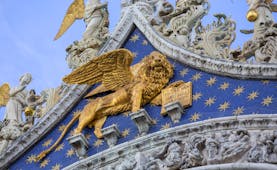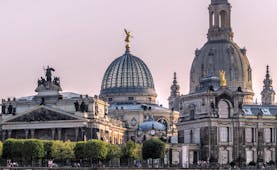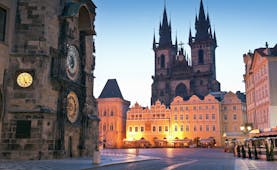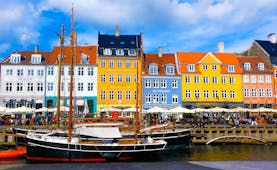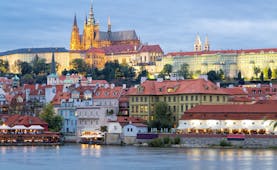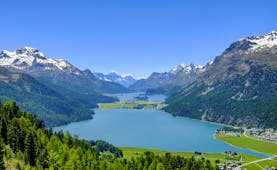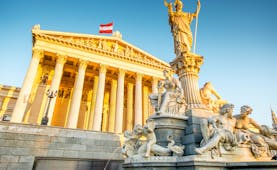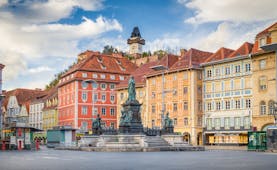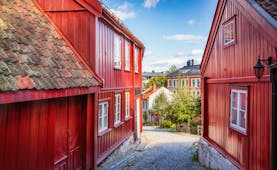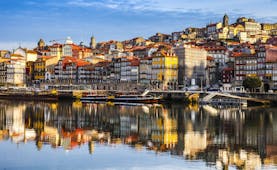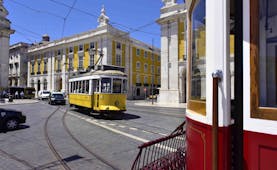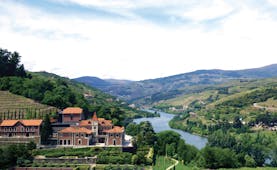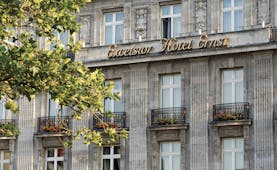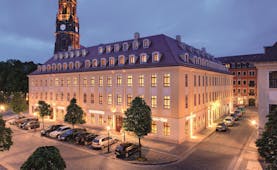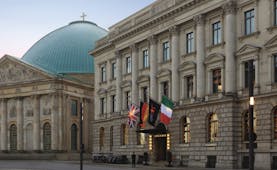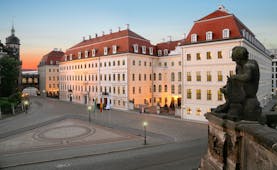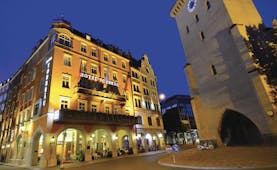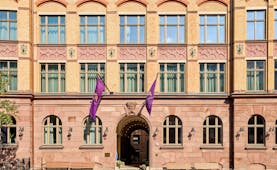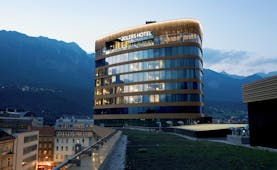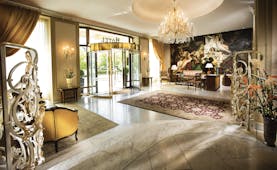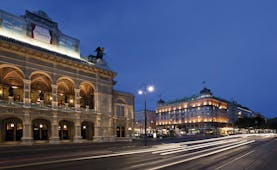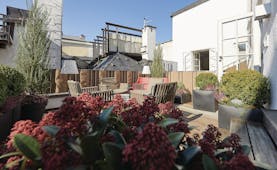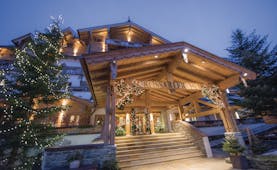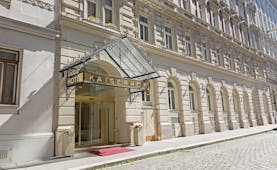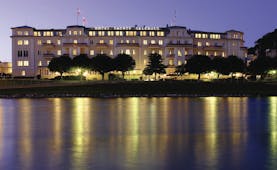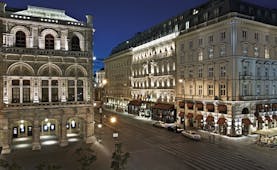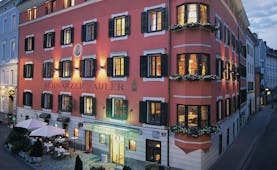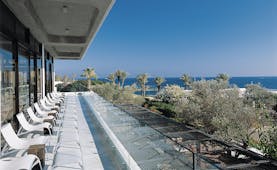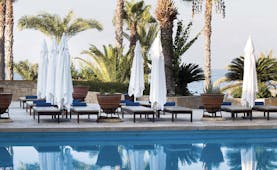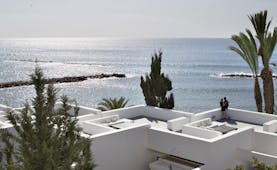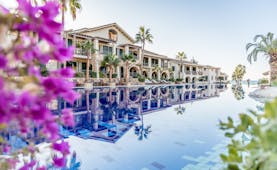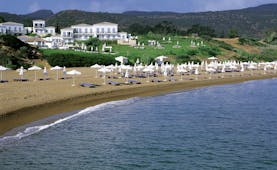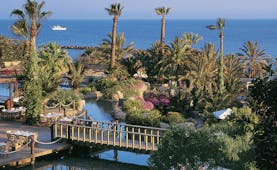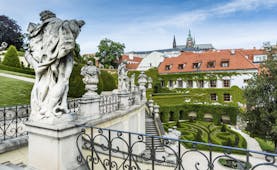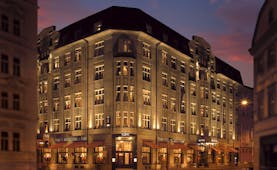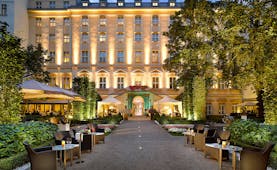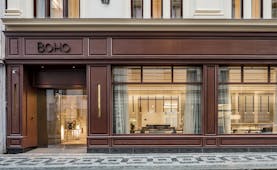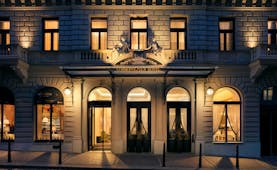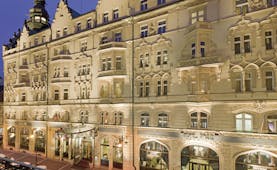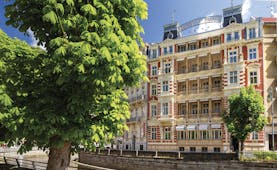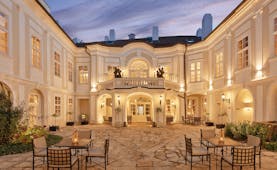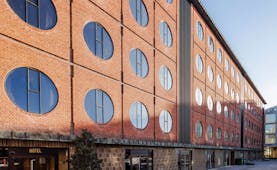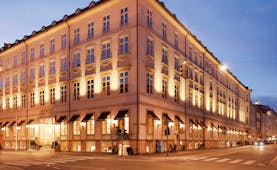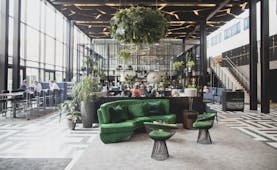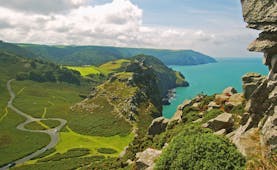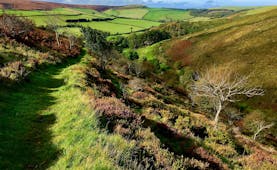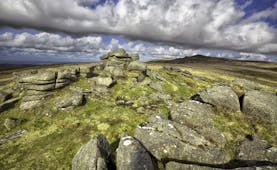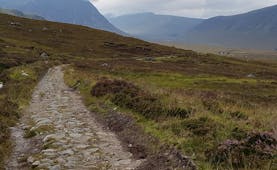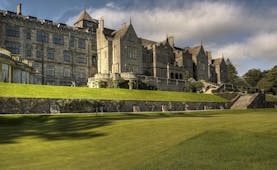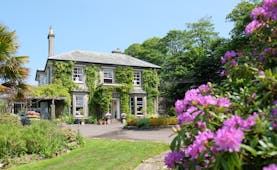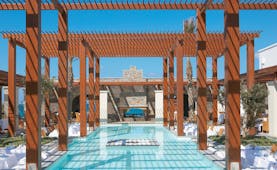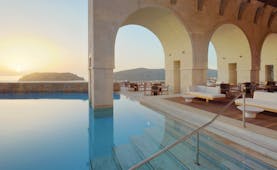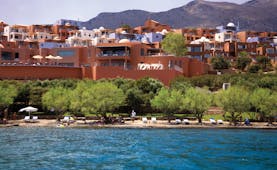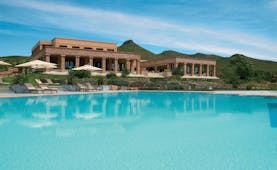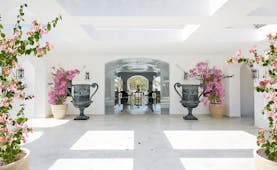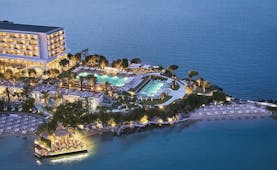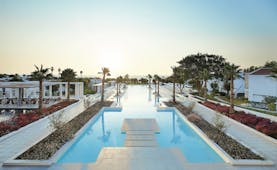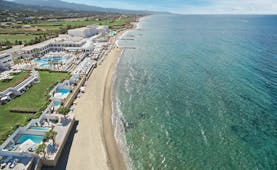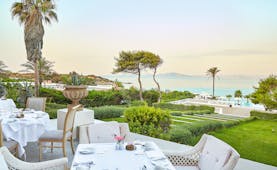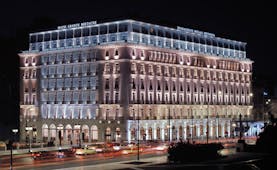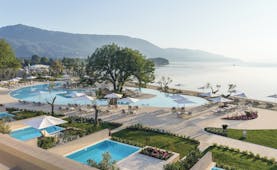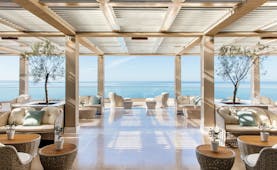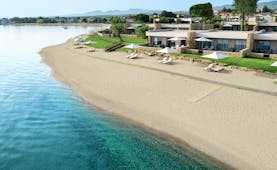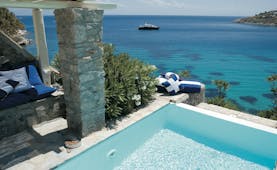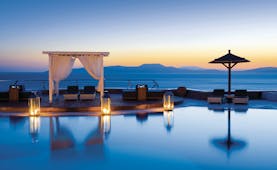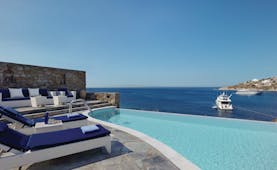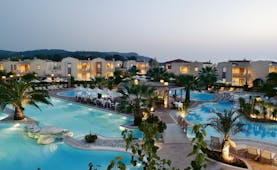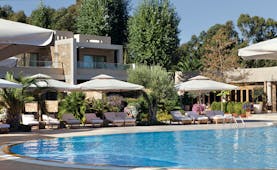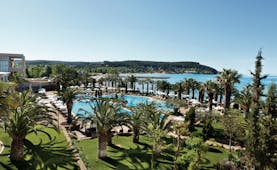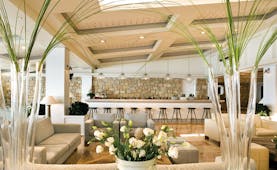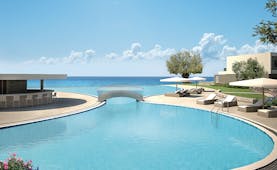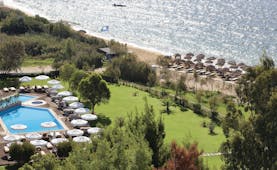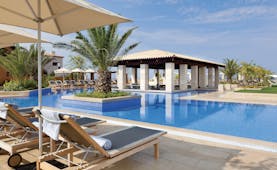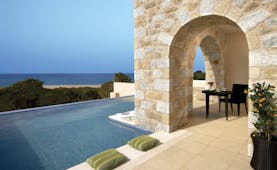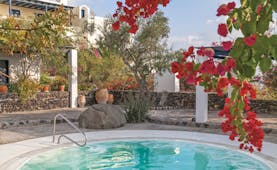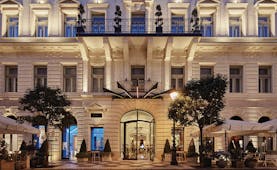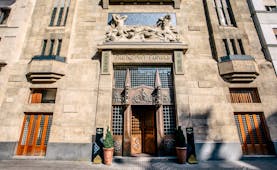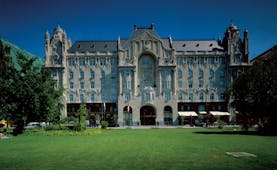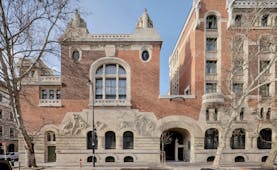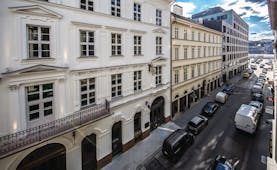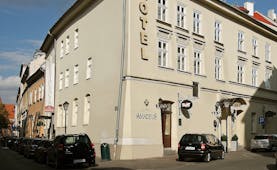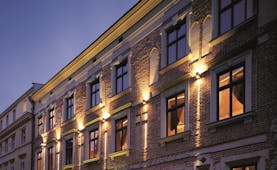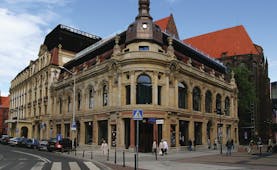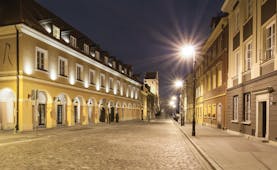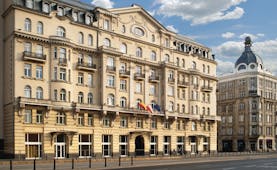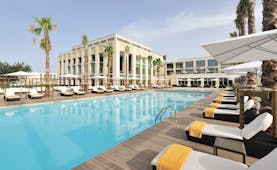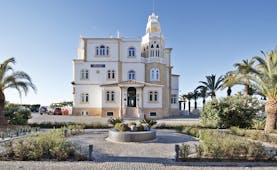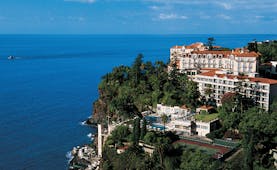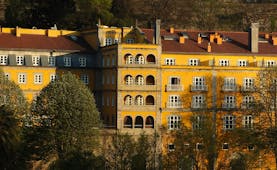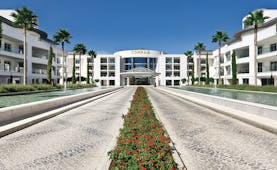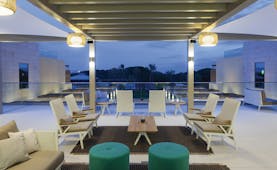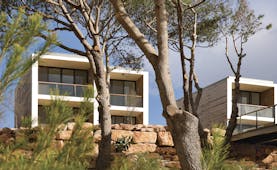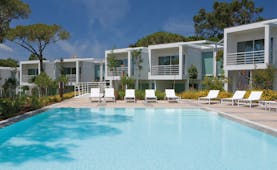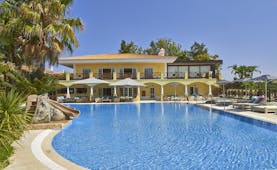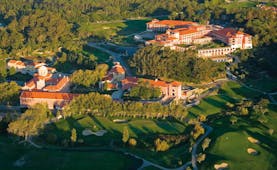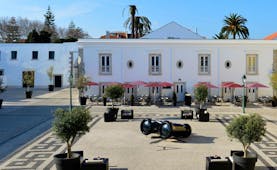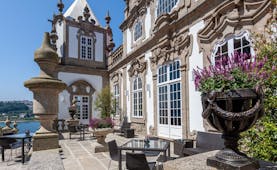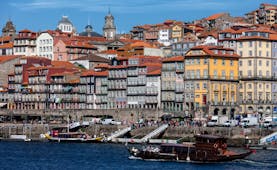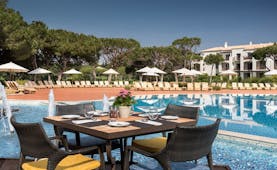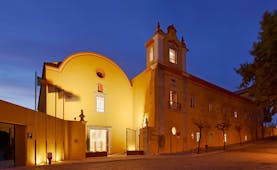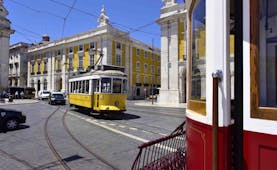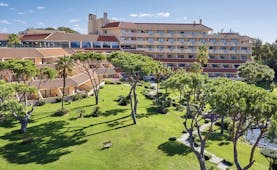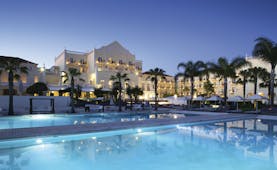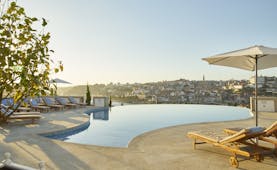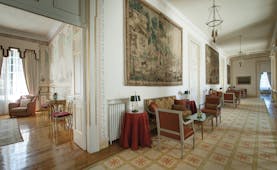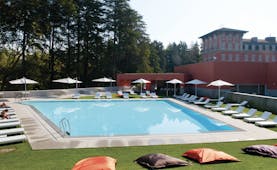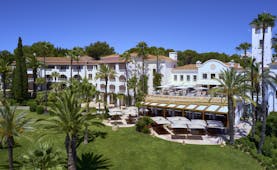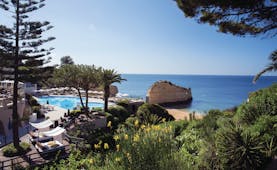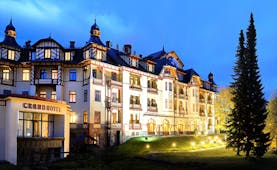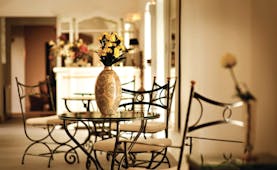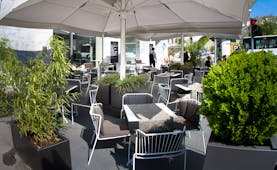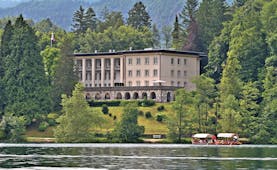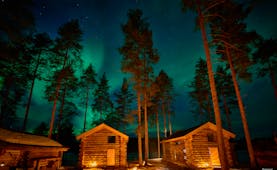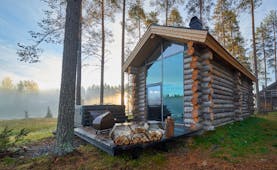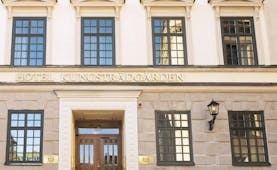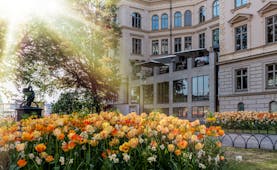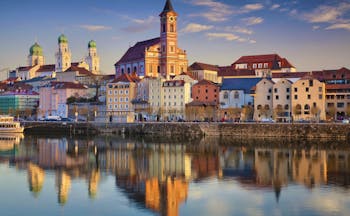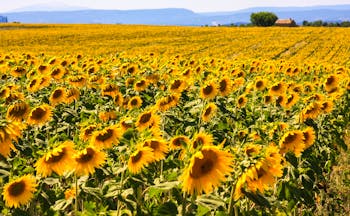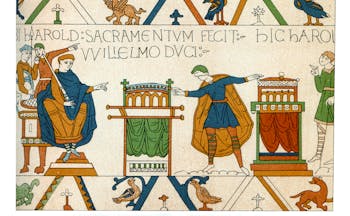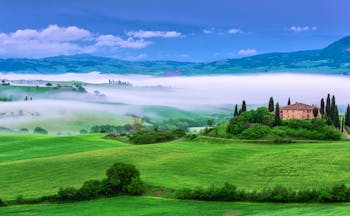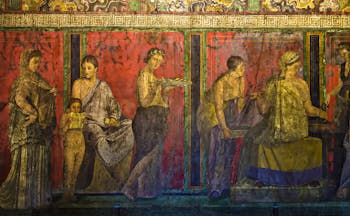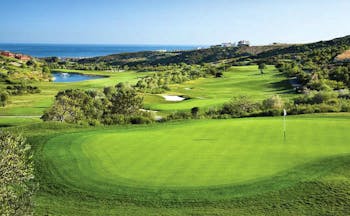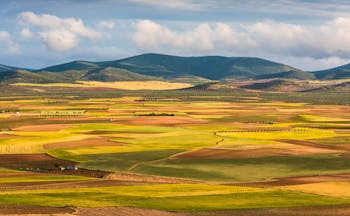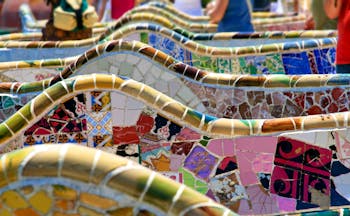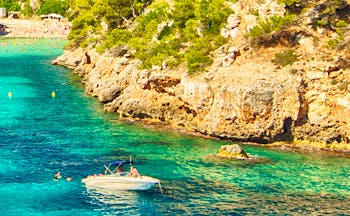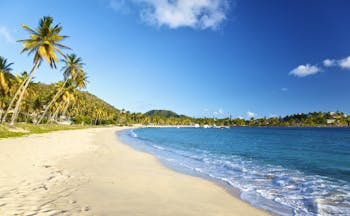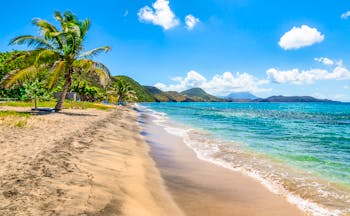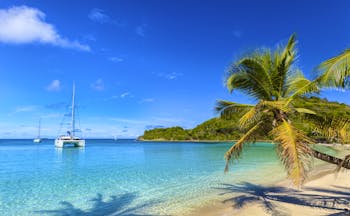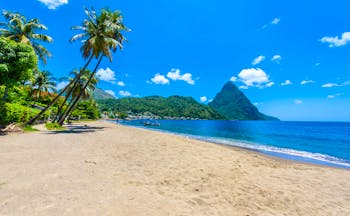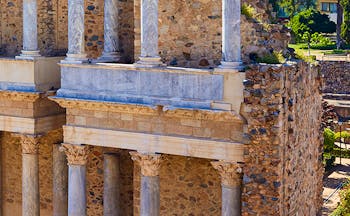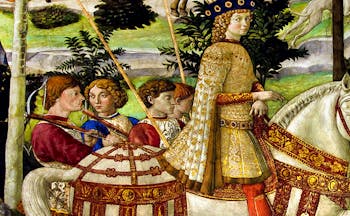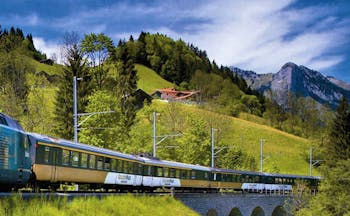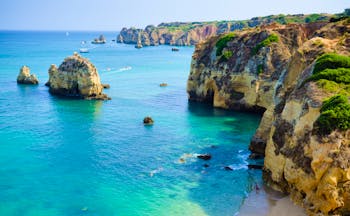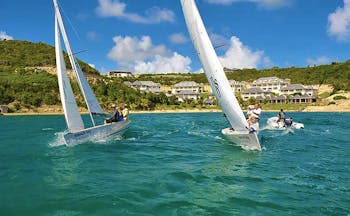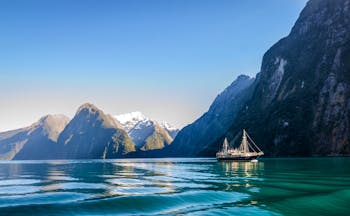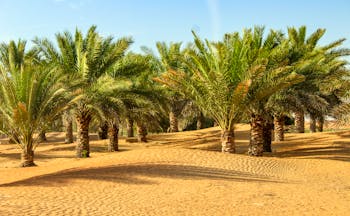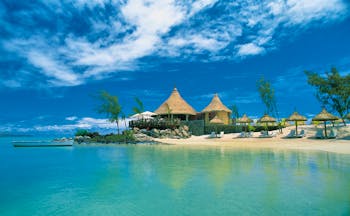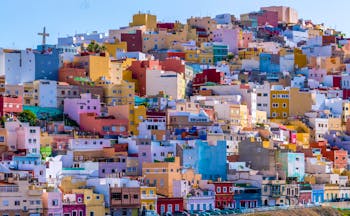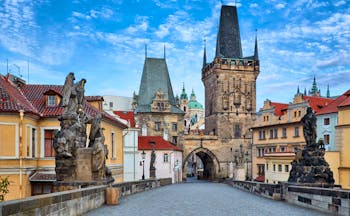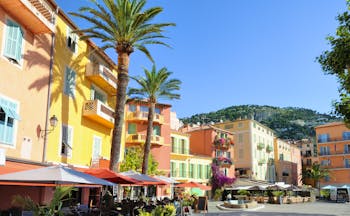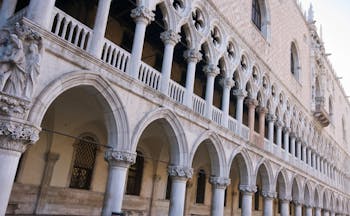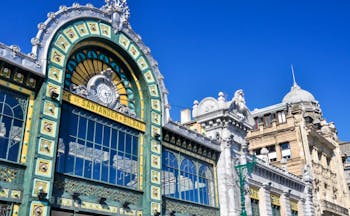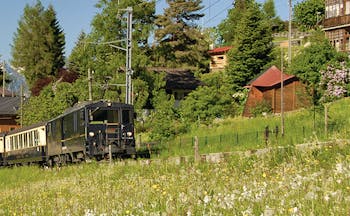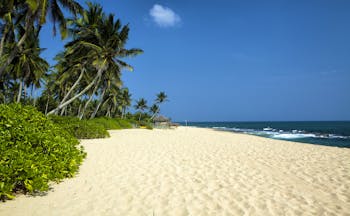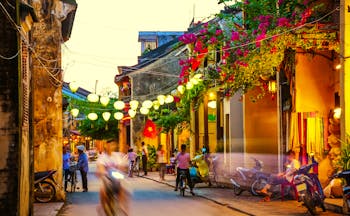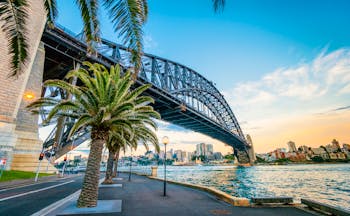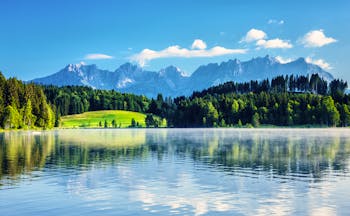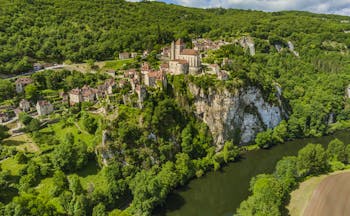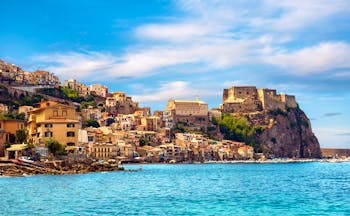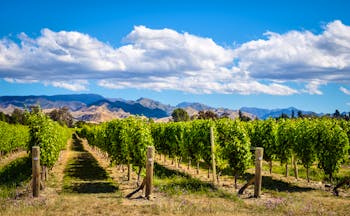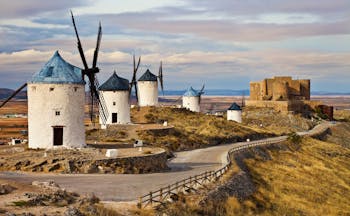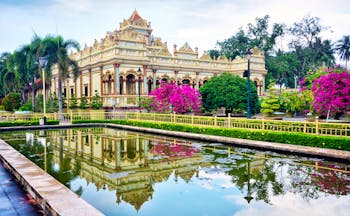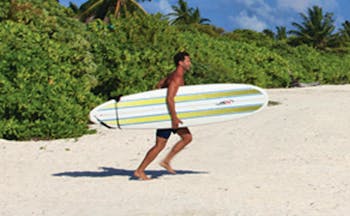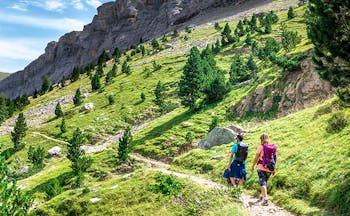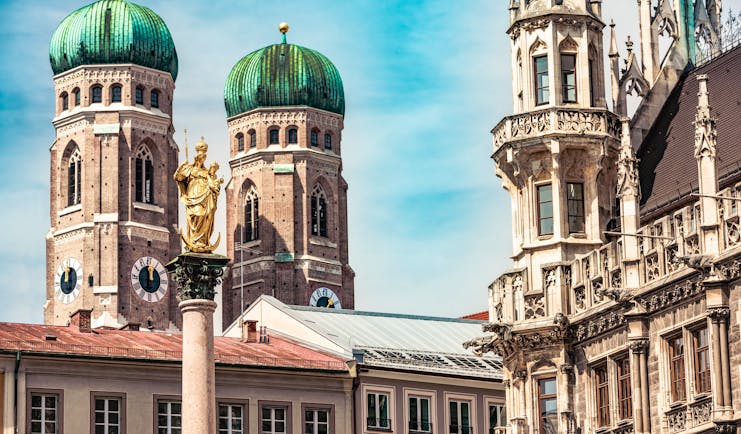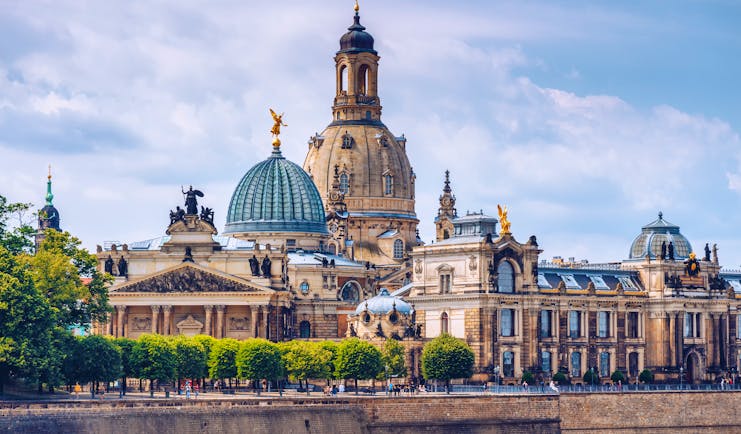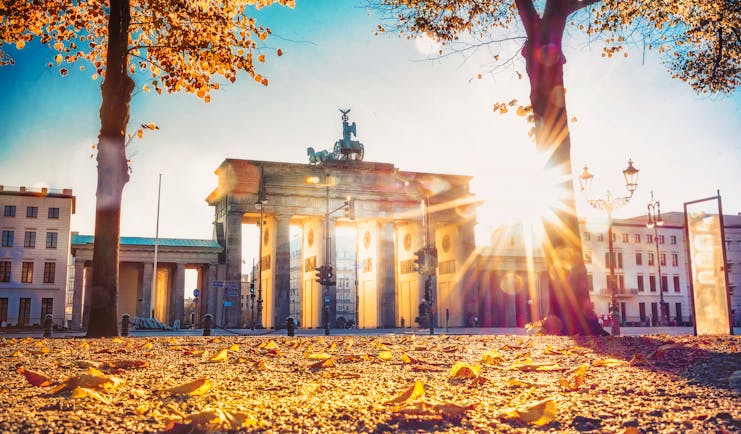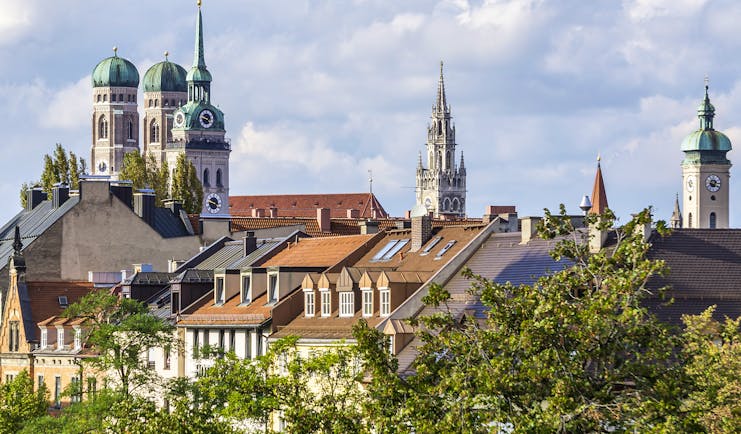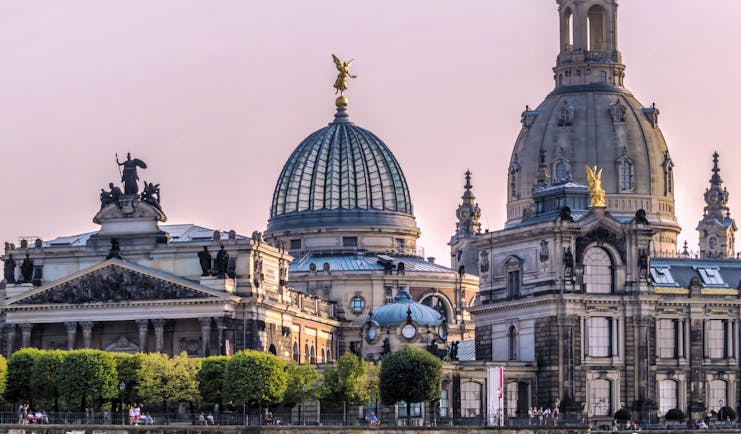Luxury touring holiday by train offering highlights of Germany's major art and cultural cities: Berlin, Dresden, Munich and Cologne, travelling all the way by train
This 9-night luxury touring holiday by train begins with your arrival in Berlin by rail from London. You spend 3 nights in the German capital, which allows you plenty of time to discover the abundant museums, monuments, buildings and galleries that the city offers. The momentous events of recent history that Berlin has witnessed are ever-present, from the still obvious socialist architecture of Alexanderplatz, which was the hub of post-war East Berlin, the old crossing point of Checkpoint Charlie manned by the allied powers, the Holocaust Memorial located a stone’s throw from the iconic Brandenburg Gate, the Soviet War Memorial and Bebelplatz where books were burned in 1933. Berlin is a vast and imposing city. Travel around by underground (U-Bahn), S-Bahn (above ground local trains), trams and buses (including the famous Berlin double-decker buses) and bike. From Berlin the fascinating, beautiful city of Dresden two hours later where you spend two nights. Dresden, the capital of the state of Saxony, is rich in history and is easily explored on foot. Having recovered from wartime damage, Dresden is full of art and culture blending modern architecture with historical buildings. Highlights of your visit to Dresden should be the Zwinger palace, inspired by Versailles, and housing Old Masters and a famous collection of Dresden porcelain. The Frauenkirche is a magnificent Baroque Protestant church, rebuilt after destruction in the Second World War. Your third city in Germany is Munich, the capital of Bavaria, situated within sight of the Alps. Munich is a beautiful city with well-preserved historic buildings, palaces, gardens, imposing monuments and churches. At the heart of the city is the Marienplatz, home to the Old and New Town Halls (watch the famous Glockenspiel). Nearby is the Viktualienmarkt and the Frauenkirche as well as the Michaelskirche, which is the larges Renaissance church north of the Alps. From the centre the city fans out into boulevards, parks, gardens and imposing museums, including the famous Alte Pinakothek and Neue Pinakothek. Munich is also home to popular cultural festivals including the Oktoberfest and Fasching. Your final stop on this Highlights of Germany rail holiday is Cologne, the oldest German city and rich in history dating from the Romans and Charlemagne.
Highlights
Berlin • Dresden • Munich • Cologne
Day by day
Begin your Highlights of Germany rail touring holiday by travelling from London to Brussels by Eurostar on an early morning departure. With a change of trains in Brussels, continue to Berlin, changing once more in Cologne. You arrive in Berlin just after 7 p.m. and check-in to your hotel for three nights.
You have two days to explore Berlin at your leisure. Berlin has a fascinating history stretching back hundreds of years although it is really for its more recent history that it is best known. Berlin has been at the epicentre of two world wars and the Cold War in the course of the 20th Century and is now the capital of a re-united Germany. Its rich history means that there is a vast amount to discover. Major attractions include The Reichstag, German Parliament, which was built in the 19th century and destroyed in 1933 and Brandenburg Gate, which was inspired by the Acropolis in Athens, and at the head of the long boulevard, Unter den Linden (named after the rows of linden trees planted almost 400 years ago). Your second day in Berlin fives you ample time to explore another important cultural place of interest such as Museum Island where 5 museums are located. These include the Pergamon Museum which houses 3 separate collections; the Museum of Antiquities (from Greece and Rome), the Museum of Near Eastern Antiquities and the Museum of Islamic Art as well as Neues Museum which hosts Egyptian and prehistoric items. Apart from all of the museums that the city has to offer, Berlin is also home to one of the oldest zoos in Germany situated in Tiergarten park. Take a stroll by the Landwehr Canal which is seven miles in length which will take you through some of the cities sights including Kreuzberg’s café-lined embankments and part of Tiergarten Park. Berlin is a very large city and covers an area of just under 900 sq. kms.
After 3 nights in Berlin, you take a direct train to Dresden where you arrive in under 2 hours. You stay in Dresden for two nights.
Spend your time in Dresden exploring the palaces and historical buildings that the city has to offer. Dresden has a prominent creative scene and is often hailed as the most attractive city in Germany. For history enthusiasts, a visit to Frauenkirche and Neumarkt Sqaure is a must. The Frauenkirche was rebuilt after World War Two and has become a symbol of reconciliation. A fine example of well-preserved Renaissance architecture is the Residenzschloss (Royal Palace) situated in the historic town centre. Semper Opera House is visually stunning and is the main venue for Dresden’s Saxon State Orchestra. Another architectural gem to visit is the Zwinger Palace. This palace is built in baroque style after the Palace of Versailles and combines architecture, sculpture and painting. Dresden is known for its porcelain and a national collection can be found in the Zwinger.
Today you travel from Dresden to Munich. After breakfast, board a train from Dresden reaching Munich 5 hours later with an easy change of trains in Halle. You will be in Munich for two nights.
Munich, the capital of Bavaria, is situated within sight of the Alps. Munich is an elegant and beautiful, affluent German city with well-preserved historic buildings, palaces, gardens, imposing monuments and churches. At the heart of the city is the Marienplatz, home to the Old and New Town Halls (watch the famous Glockenspiel). Nearby is the Viktualienmarkt and the Frauenkirche as well as the Michaelskirche, which is the largest Renaissance church north of the Alps. From the centre the city fans out into boulevards, parks, gardens and imposing museums, including the famous Alte Pinakothek and Neue Pinakothek. The Residenz palace is a feast of architectural styles combining Renaissance, Baroque, Roccoco and Classicism. There are 130 rooms filled with rich furniture, paintings and tapestries. The English Garden is one of the largest urban gardens in the world and it offers restaurants, teahouse and beer gardens. Further afield you find Baroque palaces such as Nymphenburg, BMW headquarters and the Olympic Park from 1972. Munich is also home to popular cultural festivals including the Oktoberfest and Fasching. If you want to venture out of Munich, why not take a trip to Neuschwanstein Castle (reachable by train in approximately 2 hours).
After breakfast in Munich, a direct train will take you to Cologne in just over four hours. Stay in Cologne for two nights.
You have one full day to explore Cologne at your leisure. Cologne is an important cultural and economic city straddling the River Rhine. Dating from Roman times, Cologne was also a thriving centre in the Middle Ages, from Charlemagne onwards. The Roman-Germanic museum is located near the Cathedral and explains the history of the city from Palaeolithic times until the Middle Ages. It contains precious articles in gold, glass and other treasures. The landmark of the city is the Gothic cathedral dating from 1248 and housing the Shrine of the Three Kings. Nearby are remnants of the city’s mediaeval past with the Rathaus dating from the 12th Century and reconstructed houses in the Old Town. Cologne is also home to numerous museums and galleries, as well as being an important musical centre with several orchestras. Cologne celebrates Carnival boisterously, produces its own beer, is famous for Eau de Cologne and also is renowned for its Christmas market.
Depart from Cologne just before lunch time and travel to Brussels where you change trains. Check-in for your Eurostar in Brussels which will take you back to London. You arrive in the evening.
My daughter and I had a fabulous time on our holiday. The hotels were all spectacular in their different ways, the train journeys were exciting and gorgeous scenery and the organisation from the various rail networks was spot on.Mrs B, June 2022
Holiday price guide From about £2,385 per person based on two people sharing a double room and including for second class rail travel. First class and standard premier on Eurostar supplement about £460 per person.
Holiday Code EEBR09
Call us on 01392 441245
Luxury touring holiday by train offering highlights of Germany's major art and cultural cities: Berlin, Dresden, Munich and Cologne, travelling all the way by train
Begin your Highlights of Germany rail touring holiday by travelling from London to Brussels by Eurostar on an early morning departure. With a change of trains in Brussels, continue to Berlin, changing once more in Cologne. You arrive in Berlin just after 7 p.m. and check-in to your hotel for three nights.
You have two days to explore Berlin at your leisure. Berlin has a fascinating history stretching back hundreds of years although it is really for its more recent history that it is best known. Berlin has been at the epicentre of two world wars and the Cold War in the course of the 20th Century and is now the capital of a re-united Germany. Its rich history means that there is a vast amount to discover. Major attractions include The Reichstag, German Parliament, which was built in the 19th century and destroyed in 1933 and Brandenburg Gate, which was inspired by the Acropolis in Athens, and at the head of the long boulevard, Unter den Linden (named after the rows of linden trees planted almost 400 years ago). Your second day in Berlin fives you ample time to explore another important cultural place of interest such as Museum Island where 5 museums are located. These include the Pergamon Museum which houses 3 separate collections; the Museum of Antiquities (from Greece and Rome), the Museum of Near Eastern Antiquities and the Museum of Islamic Art as well as Neues Museum which hosts Egyptian and prehistoric items. Apart from all of the museums that the city has to offer, Berlin is also home to one of the oldest zoos in Germany situated in Tiergarten park. Take a stroll by the Landwehr Canal which is seven miles in length which will take you through some of the cities sights including Kreuzberg’s café-lined embankments and part of Tiergarten Park. Berlin is a very large city and covers an area of just under 900 sq. kms.
After 3 nights in Berlin, you take a direct train to Dresden where you arrive in under 2 hours. You stay in Dresden for two nights.
Spend your time in Dresden exploring the palaces and historical buildings that the city has to offer. Dresden has a prominent creative scene and is often hailed as the most attractive city in Germany. For history enthusiasts, a visit to Frauenkirche and Neumarkt Sqaure is a must. The Frauenkirche was rebuilt after World War Two and has become a symbol of reconciliation. A fine example of well-preserved Renaissance architecture is the Residenzschloss (Royal Palace) situated in the historic town centre. Semper Opera House is visually stunning and is the main venue for Dresden’s Saxon State Orchestra. Another architectural gem to visit is the Zwinger Palace. This palace is built in baroque style after the Palace of Versailles and combines architecture, sculpture and painting. Dresden is known for its porcelain and a national collection can be found in the Zwinger.
Today you travel from Dresden to Munich. After breakfast, board a train from Dresden reaching Munich 5 hours later with an easy change of trains in Halle. You will be in Munich for two nights.
Munich, the capital of Bavaria, is situated within sight of the Alps. Munich is an elegant and beautiful, affluent German city with well-preserved historic buildings, palaces, gardens, imposing monuments and churches. At the heart of the city is the Marienplatz, home to the Old and New Town Halls (watch the famous Glockenspiel). Nearby is the Viktualienmarkt and the Frauenkirche as well as the Michaelskirche, which is the largest Renaissance church north of the Alps. From the centre the city fans out into boulevards, parks, gardens and imposing museums, including the famous Alte Pinakothek and Neue Pinakothek. The Residenz palace is a feast of architectural styles combining Renaissance, Baroque, Roccoco and Classicism. There are 130 rooms filled with rich furniture, paintings and tapestries. The English Garden is one of the largest urban gardens in the world and it offers restaurants, teahouse and beer gardens. Further afield you find Baroque palaces such as Nymphenburg, BMW headquarters and the Olympic Park from 1972. Munich is also home to popular cultural festivals including the Oktoberfest and Fasching. If you want to venture out of Munich, why not take a trip to Neuschwanstein Castle (reachable by train in approximately 2 hours).
After breakfast in Munich, a direct train will take you to Cologne in just over four hours. Stay in Cologne for two nights.
You have one full day to explore Cologne at your leisure. Cologne is an important cultural and economic city straddling the River Rhine. Dating from Roman times, Cologne was also a thriving centre in the Middle Ages, from Charlemagne onwards. The Roman-Germanic museum is located near the Cathedral and explains the history of the city from Palaeolithic times until the Middle Ages. It contains precious articles in gold, glass and other treasures. The landmark of the city is the Gothic cathedral dating from 1248 and housing the Shrine of the Three Kings. Nearby are remnants of the city’s mediaeval past with the Rathaus dating from the 12th Century and reconstructed houses in the Old Town. Cologne is also home to numerous museums and galleries, as well as being an important musical centre with several orchestras. Cologne celebrates Carnival boisterously, produces its own beer, is famous for Eau de Cologne and also is renowned for its Christmas market.
Depart from Cologne just before lunch time and travel to Brussels where you change trains. Check-in for your Eurostar in Brussels which will take you back to London. You arrive in the evening.
My daughter and I had a fabulous time on our holiday. The hotels were all spectacular in their different ways, the train journeys were exciting and gorgeous scenery and the organisation from the various rail networks was spot on.Mrs B, June 2022
Holiday price guide From about £2,385 per person based on two people sharing a double room and including for second class rail travel. First class and standard premier on Eurostar supplement about £460 per person.
Holiday Code EEBR09
Our prices include
● Rail travel from London to Berlin and back from Cologne second-class and standard class on Eurostar (first class can be booked at a supplement)
● 3 nights’ bed and breakfast in a Classic double room at Hotel de Rome, Berlin
● 2 nights’ bed and breakfast in a Comfort double room at Hotel Bulow Palais, Dresden
● 2 nights’ bed and breakfast in a Standard double room at Hotel Torbrau, Munich
● 2 nights’ bed and breakfast in a Superior double room at the Excelsior Hotel Ernst, Cologne
● Concierge service and Expressions Holidays regional helpful hints
Our prices do not include
● Early check-in or late check-out at any hotels (although we can arrange this on request at additional cost)
● Any other services not mentioned above, such as transfers and meals except breakfast at hotels
● Personal holiday insurance. This is essential and cover should be in place from when you book the holiday.
● Local tourist tax, usually between Euros 1 and 3 per person per night, and payable locally to the hotel
● Transfers
Call us on 01392 441245
Luxury touring holiday by train offering highlights of Germany's major art and cultural cities: Berlin, Dresden, Munich and Cologne, travelling all the way by train
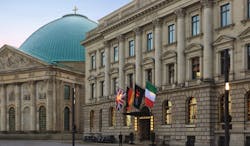
The Hotel de Rome Berlin is a prestigious 5-star hotel in an excellent central location. Delicious Italian cuisine, luxury spa facilities and beautiful rooftop terrace make it an ideal spot to recuperate after enjoying the delights of Berlin.
Classic double room
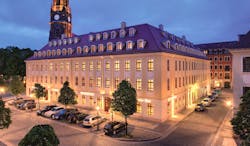
Hotel Bülow Palais is a super five-star Relais & Chateaux hotel that offers a unique style with excellent dining and spa facilities. Located in the centre of Dresden, this hotel is a luxurious retreat after exploring the city.
Comfort double room

Hotel Torbräu is a good-quality, comfortable four-star hotel in an excellent location. Modern, chic interiors and a choice of excellent dining facilities make it an ideal spot to recuperate after enjoying the delights of Munich.
Standard double room
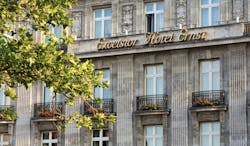
Excelsior Hotel Ernst is a 5-star historic hotel in an excellent central location. The grand exterior architecture and opulent interiors, as well as Michelin-starred cuisine make it a luxurious spot to recuperate after a day spent exploring Cologne.
Superior double room
My daughter and I had a fabulous time on our holiday. The hotels were all spectacular in their different ways, the train journeys were exciting and gorgeous scenery and the organisation from the various rail networks was spot on.Mrs B, June 2022
Holiday price guide From about £2,385 per person based on two people sharing a double room and including for second class rail travel. First class and standard premier on Eurostar supplement about £460 per person.
Holiday Code EEBR09
Call us on 01392 441245
Luxury touring holiday by train offering highlights of Germany's major art and cultural cities: Berlin, Dresden, Munich and Cologne, travelling all the way by train
About Germany
An Expressions tailor-made holiday to Germany enables travellers to experience a fascinating and richly varied country. Germany is replete with regional quirks and personalities - a strong feature of German life and a hangover from the days, not too long ago, when the country was once a patchwork of independent states. Today, to travel from the ancient ports of the north, across the open fields of the German plain, and down through the Ruhr and onto the forests, mountains and cosmopolitan cities of Germany’s Bavarian south, you’ll experience an intriguing variety as great – and appealing – as you’d find anywhere else in Europe. Several of Germany’s cities have the air of national capitals. Cologne, though enmeshed in one of Europe’s most intensively industrialised regions, is rich in monuments. Bavaria’s capital, Munich, is another star attraction, with great museums and galleries. Berlin, the nucleus of the turmoil of reunification, is now one of the most sophisticated, artistic and exciting cities on the planet, while Nuremberg is thrillingly ancient, with the most charming of winter markets in the 11th century square, and summer festivals when the cobbled streets come alive with street artists and musicians. Scattered between these city big-hitters, quieter, utterly charming cities and large towns abound, with medieval old towns straight out of fairy-tale picture books. Heidelberg, the oldest university town in Germany, is an absolute gem, nestling between wooded hills on the banks of the Neckar river, a setting that has seduced visitors ever since the days of the Grand Tour. But from Trier to Bamberg, Marburg to Meissen, Regensburg to Rothenburg, enchanting old towns abound. Beyond Germany’s beautiful cities and towns, the Bavarian Alps, right on Munich’s doorstep, are a spectacular playground for hikers and bikers, horse-riders and skiers. The Rhine and Mosel are both littered with castles and vineyards, offering an enchanting backdrop for the cruise boats that drift serenely along their waters. And stretching more than 100 miles north to south, and 45 miles from east to west, the Black Forest is awash with pretty spa towns and exquisite health resorts, crisscrossed with walking trails. The Black Forest also boasts some of the most spectacular rail journals on the planet. A beautiful, intriguing country vastly at odds with its stiff stereotype, Germany is a wonderful holiday destination for active outdoorsy types and city-breakers alike.
Highlights of Germany
Berlin’s world-class museums, bustling bars, galleries and monuments; Rugen Island, with its rugged chalk cliffs, windswept beaches, Romantic-era spa architecture and tree-lined country roads; Dresden, with its baroque beauty on the banks of the majestic Elbe; Cologne’s magnificent cathedral; the UNESCO World Heritage city of Bamberg; the sandy dunes of Sylt, a North Sea island with fabulous beaches and surf; the beer halls of Munich, ideally in September during the Oktoberfest; Lubeck, a Hanseatic gem; Muritz National Park, where you can go paddling and camping in a paradise teeming with birds; Bremen, a metropolis in miniature, with lovely red-brick and Art Nouveau architecture; the Alpine resorts of Bavaria, including Berchtesgaden, with dramatic peaks, dreamy lakes and superb walking trails; drive or cruise along the Rhine or Mosel, visiting castles, medieval villages and superb vineyards along the way; the walled medieval towns of Rothenburg and Trier, both with wonderful Christmas markets; the Christmas market at Nuremberg, oldest – and still most picturesque – in the world.
Facts in brief
Capital BerlinAirport Several airports are served from the UK, including Berlin, Bremen, Cologne-Bonn, Dortmund, Dresden, Dusseldorf, Frankfurt, Hamburg, Hannover, Stuttgart and Munich.
Size 137,000 sq. miles
Population 82 million

